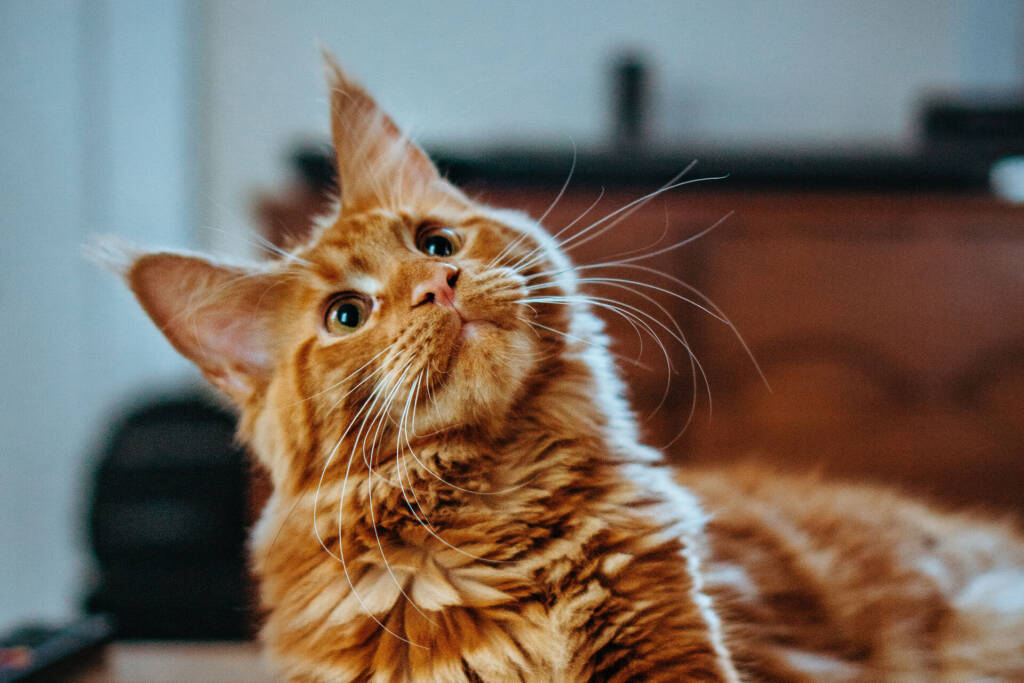Maintaining your pet’s wellness goes beyond the basics of feeding and grooming. Just like humans, pets need a balance of physical care, mental stimulation, proper nutrition, and regular check-ups to live long, healthy, and happy lives. At Pawfectly Trained, we believe that a holistic approach to pet wellness, combined with ongoing education and support, can enhance the quality of life for your furry friend. In this guide, we’ll share some essential wellness tips to help you keep your pet thriving.
Balanced Nutrition for Optimal Health
A well-balanced diet is the foundation of your pet’s overall wellness. Proper nutrition is crucial for keeping your pet’s coat shiny, their weight in check, and their immune system strong. Whether you have a dog or a cat, their dietary needs change with age, breed, and activity level.
For dogs, high-quality protein sources like chicken, beef, or fish should form the basis of their diet. For cats, a meat-based diet is essential since they are obligate carnivores. Additionally, it’s important to pay attention to the food’s nutritional content, ensuring it contains the right balance of vitamins, minerals, and fatty acids. Avoid overly processed foods or those high in fillers, as these offer little nutritional value and can lead to obesity or other health issues.
Tip: Talk to your vet or a pet nutritionist to ensure that your pet’s diet meets their specific needs. If your pet has food sensitivities, look into grain-free or limited-ingredient diets.
Regular Exercise for Physical and Mental Health
Exercise plays a key role in maintaining your pet’s health, helping to prevent obesity, strengthen muscles, and improve cardiovascular health. Beyond physical benefits, regular exercise also provides essential mental stimulation, reducing boredom and preventing destructive behaviors. Different breeds and species require different levels of exercise, so it’s important to tailor their activity to their needs.
For dogs, daily walks, play sessions, and interactive toys can keep them active and engaged. Breeds with high energy levels may benefit from activities like agility training or running. For cats, climbing structures, laser pointers, and puzzle feeders provide both exercise and mental stimulation.
Tip: Set aside at least 30 minutes to an hour of active play or walks with your dog each day. For cats, engage them with interactive toys for at least 15-20 minutes a day to keep them stimulated.


Regular Vet Visits and Preventive Care
Routine veterinary check-ups are vital for maintaining your pet’s health. Regular visits allow for early detection of any potential health issues, ensuring prompt treatment before they become serious. Vaccinations, flea and tick prevention, and dental cleanings are all part of maintaining a pet’s overall wellness.
Vaccinations: Keeping up with your pet’s vaccination schedule helps protect them from harmful diseases. Dogs should receive vaccines for rabies, parvovirus, distemper, and bordetella, while cats need vaccines for feline leukemia, calicivirus, and others.
Preventive Care: Flea, tick, and heartworm prevention are essential for your pet’s well-being. Left unchecked, parasites can cause serious health issues for both dogs and cats. Use vet-recommended preventatives year-round to keep your pets protected.
Tip: Schedule annual or bi-annual vet visits depending on your pet’s age and health status. Older pets may need more frequent check-ups to monitor age-related issues like arthritis, dental problems, or kidney disease.
Mental Enrichment and Stimulation
A mentally stimulated pet is a happy pet. Pets that are bored or under-stimulated are more likely to engage in destructive behaviors such as chewing, scratching, or excessive barking. Providing mental enrichment not only keeps your pet occupied but also helps reduce anxiety and stress.
For dogs, puzzle toys, hide-and-seek games, and scent work are great ways to challenge their minds. For cats, interactive toys, window perches, and treat-dispensing toys are excellent options for keeping them engaged.
Tip: Rotate your pet’s toys regularly to keep things fresh and exciting for them. Also, consider enrolling in basic obedience or advanced training classes to provide both mental and physical stimulation.
Lorem ipsum dolor sit amet, consetetur sadipscing elitr, sed diam nonumy eirmod tempor invidunt ut labore et dolore magna aliquyam erat, sed diam voluptua. At vero eos et accusam et justo duo dolores et ea rebum. Stet clita kasd gubergren, no sea takimata sanctus est Lorem ipsum dolor sit amet.
Grooming for Hygiene and Health
Regular grooming is not just about keeping your pet looking good—it’s also important for their health. Grooming helps prevent skin conditions, ear infections, and even identifies early signs of health issues such as lumps or skin irritations.
For dogs, regular brushing removes loose fur, preventing mats and reducing shedding. Depending on the breed, they may need occasional baths and regular nail trimming. For cats, brushing helps reduce hairballs and keeps their coat smooth, especially for long-haired breeds.
Tip: Make grooming a positive experience by starting slowly and using treats to reward good behavior. If you’re not comfortable doing it yourself, professional grooming services are a great option.
Hydration is Key
Ensuring your pet stays hydrated is just as important as feeding them the right diet. Dehydration can lead to serious health issues, including kidney problems and heatstroke. Keep fresh water available at all times, especially during hot weather or after exercise. Some pets, particularly cats, may prefer running water, so consider investing in a pet water fountain to encourage them to drink more.
Tip: Monitor your pet’s water intake, and consult a vet if you notice they’re drinking excessively or not enough, as this could indicate underlying health issues like diabetes or kidney disease.
Socialization and Emotional Wellness
Proper socialization is key to a pet’s emotional wellness. Dogs, in particular, benefit from regular interaction with people and other pets. Early socialization helps prevent anxiety and fear-based behaviors later in life. Cats, although more independent, also benefit from positive interactions and structured environments that make them feel secure.
For dogs, exposure to new environments, people, and pets should be done gradually to build confidence. For cats, providing safe spaces, high perches, and gradual introductions to new people or animals can help prevent stress.
Tip: Socialization should be ongoing throughout your pet’s life, not just during their early months. Continue introducing them to new experiences in a controlled, positive manner.
Conclusion
Caring for your pet’s wellness involves a comprehensive approach that addresses their physical, mental, and emotional needs. By ensuring proper nutrition, exercise, mental stimulation, and regular veterinary care, you’ll help your pet live a long, healthy, and happy life. At Pawfectly Trained, we’re here to support you every step of the way, providing expert advice and resources to enhance your pet’s overall well-being.


